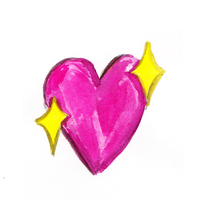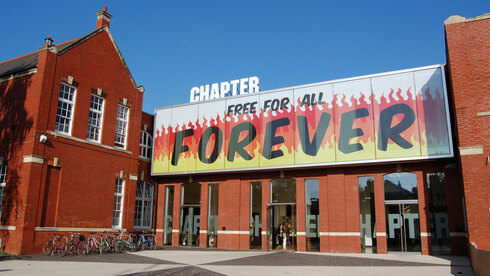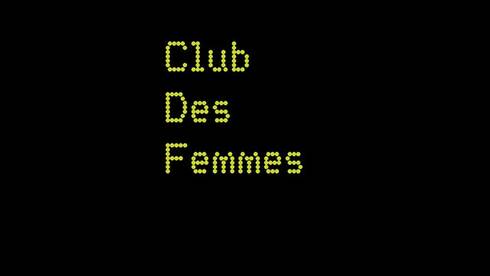Directing From The Margins women at the forefront of revolutionary cinema
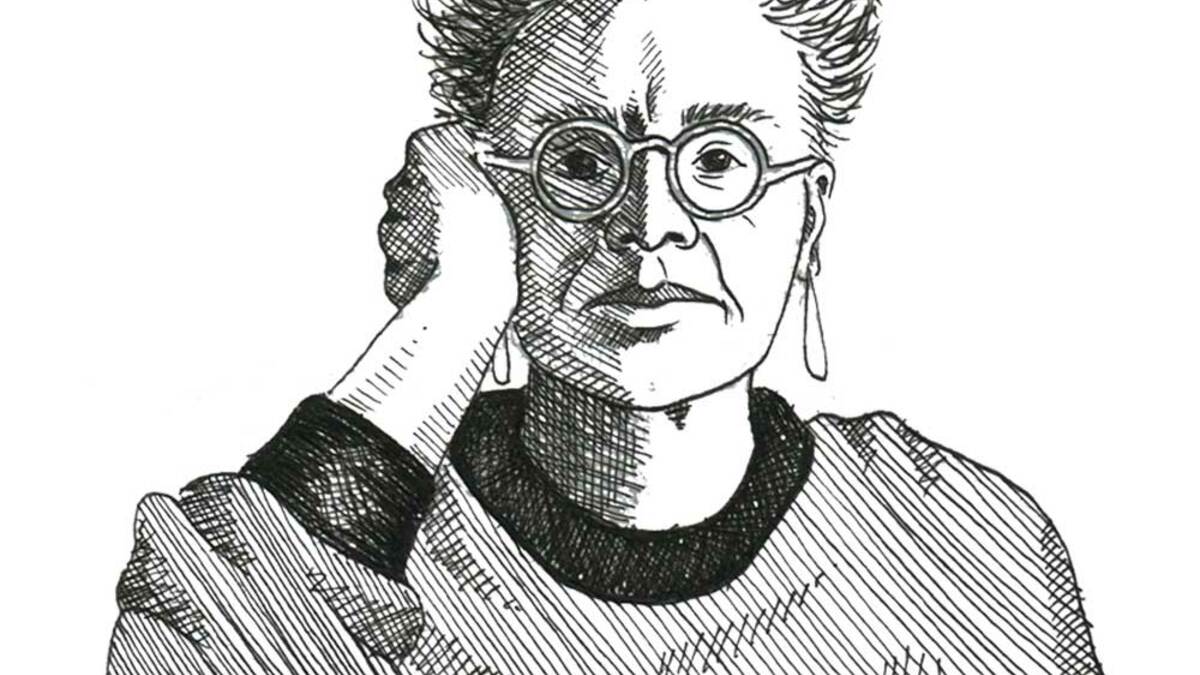
Here is our list of women at the forefront of revolutionary cinema. Think we've missed someone? Tell us @TimeIsNow15
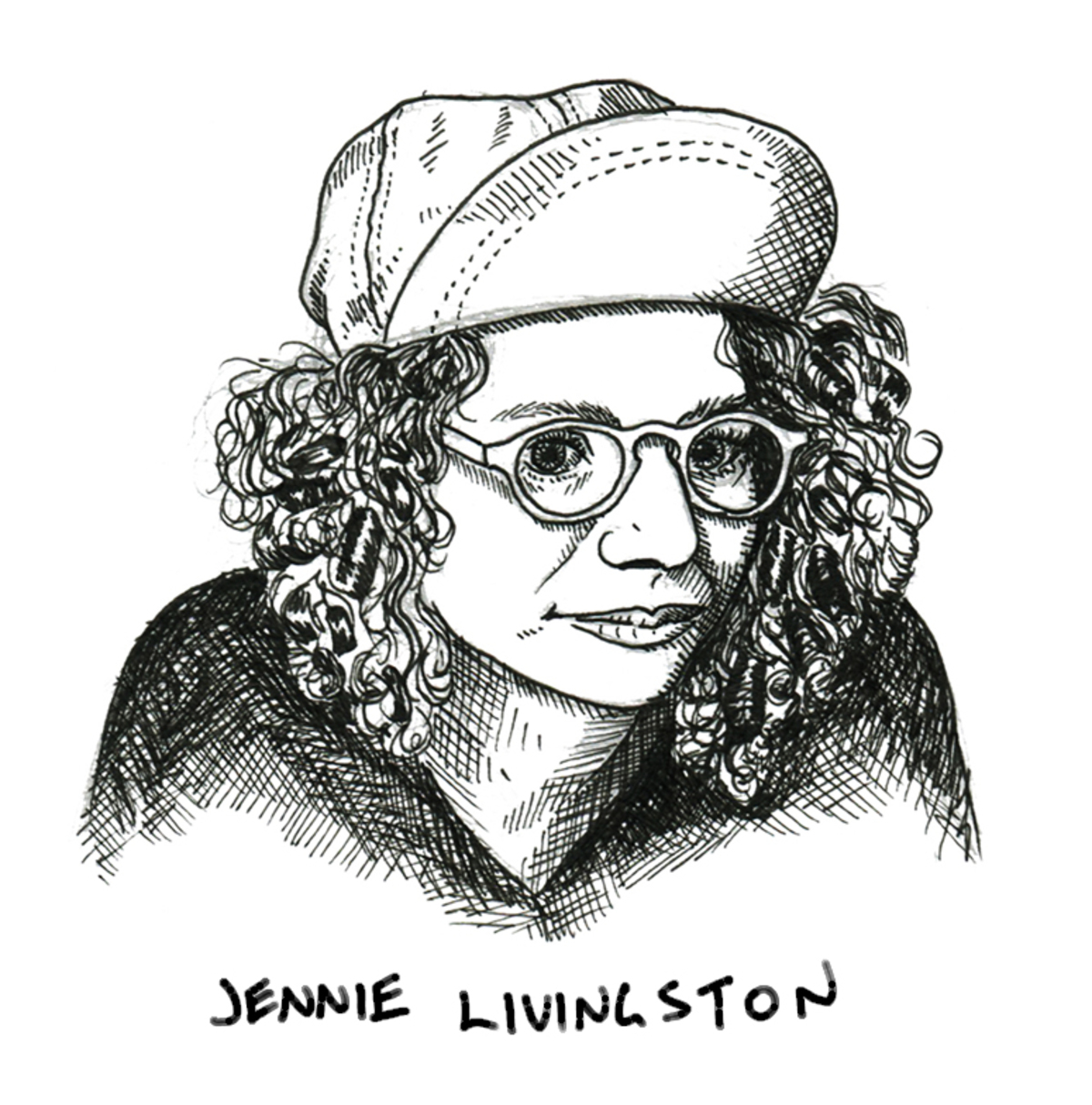
A landmark for cinema, Livingston's 1991 documentary Paris Is Burning captured the New York drag/ballroom scene of the 80s with a power. She gave a platform to gay and transgender black and Latino culture and the film remains a strong influence on queer culture.
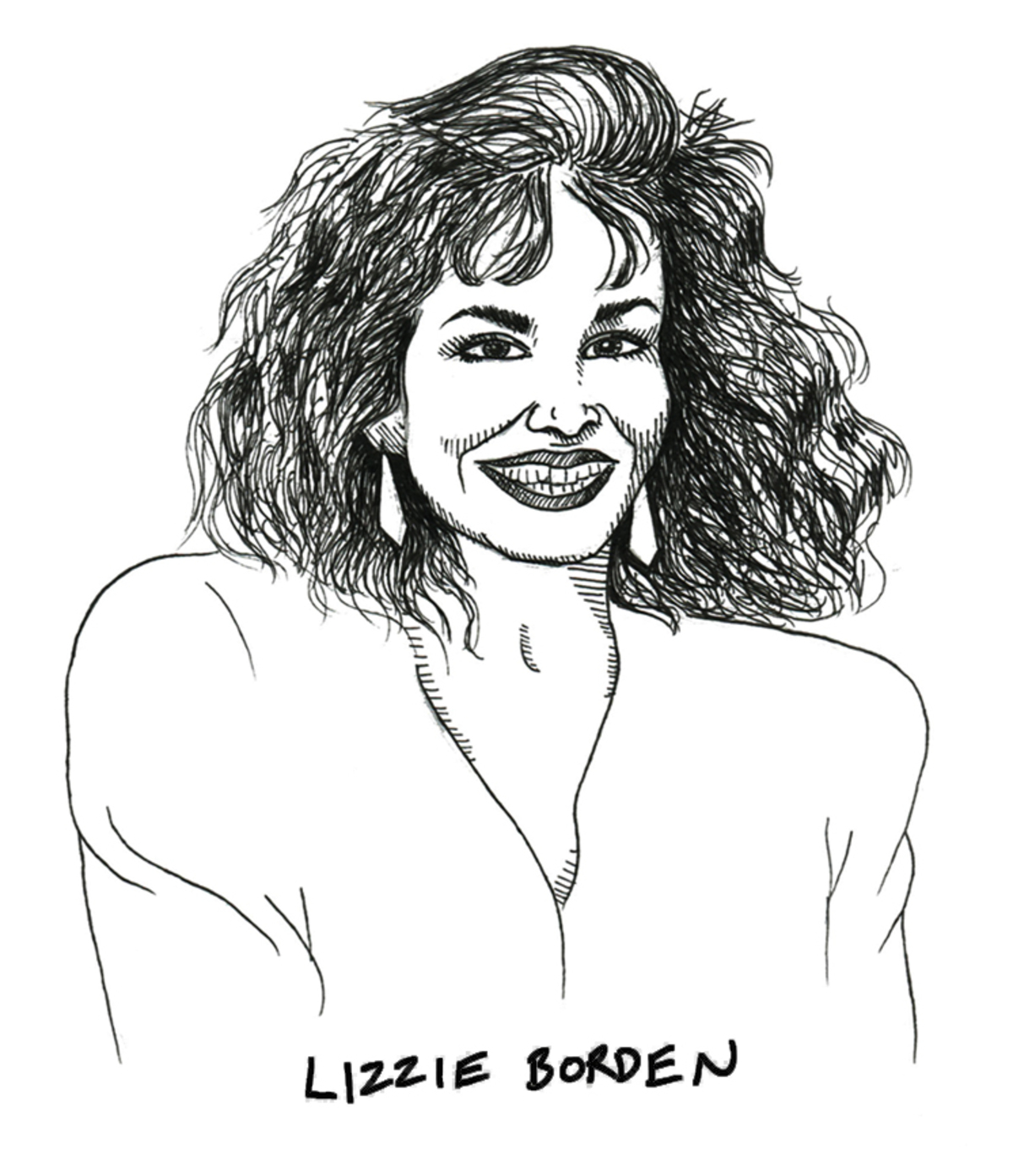
Unhappy with the white middle-class feminism Borden witnessed, her 1983 film Born In Flames created a vision of the class and race-conscious feminist movement she desired. The documentary-style feature, set in future America, showed women mobilising through direct action. This, along with her follow up Working Girls (1986), cemented her as hugely influential to feminist filmmaking.
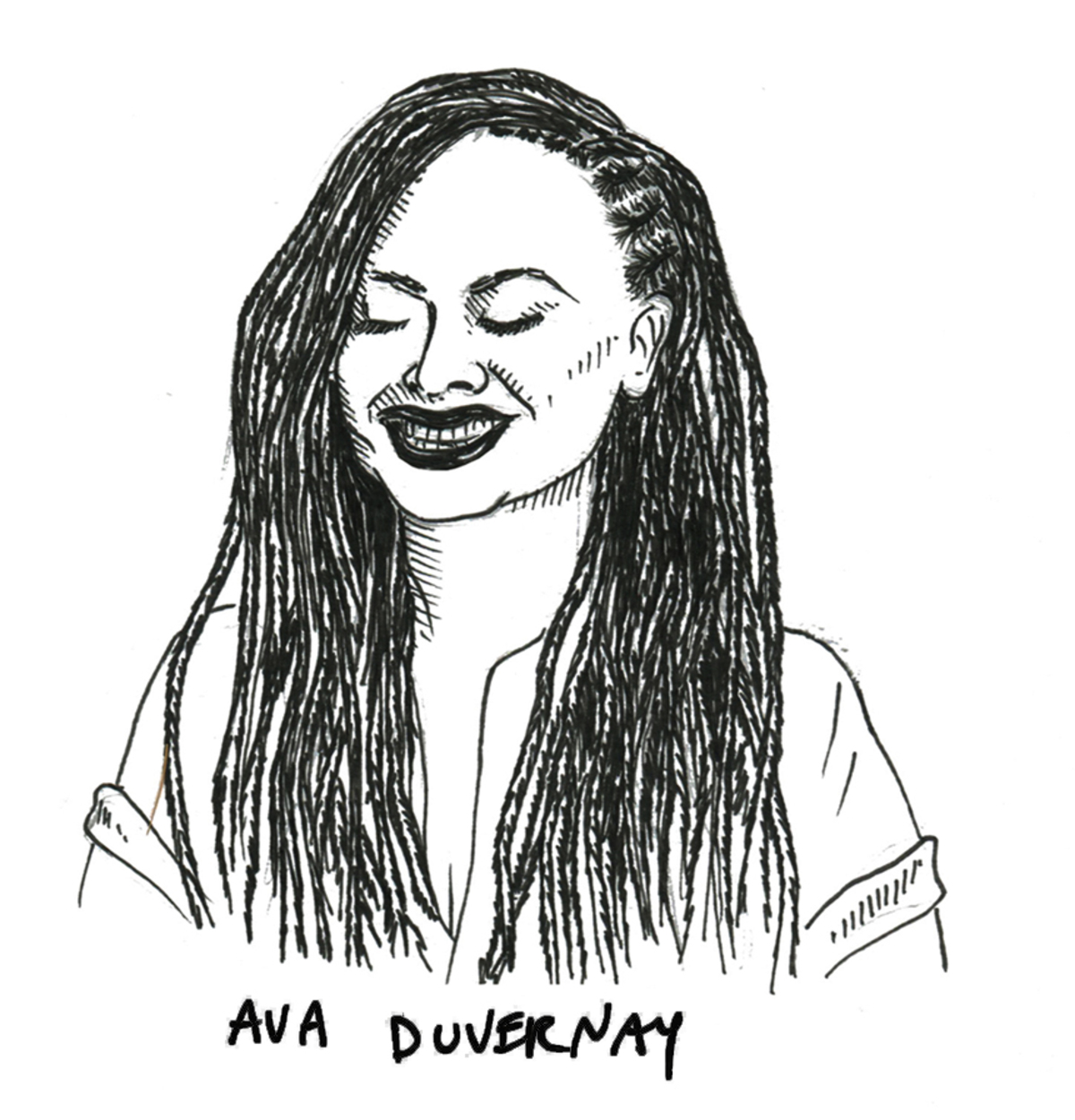
Building a strong career as a publicist, DuVernay is currently one of the leading female directors, using her work to break down a 'culture of permission' of women and people of colour. Her 2014 hit Selma saw her gain the first Golden Globe nomination for a black female director.
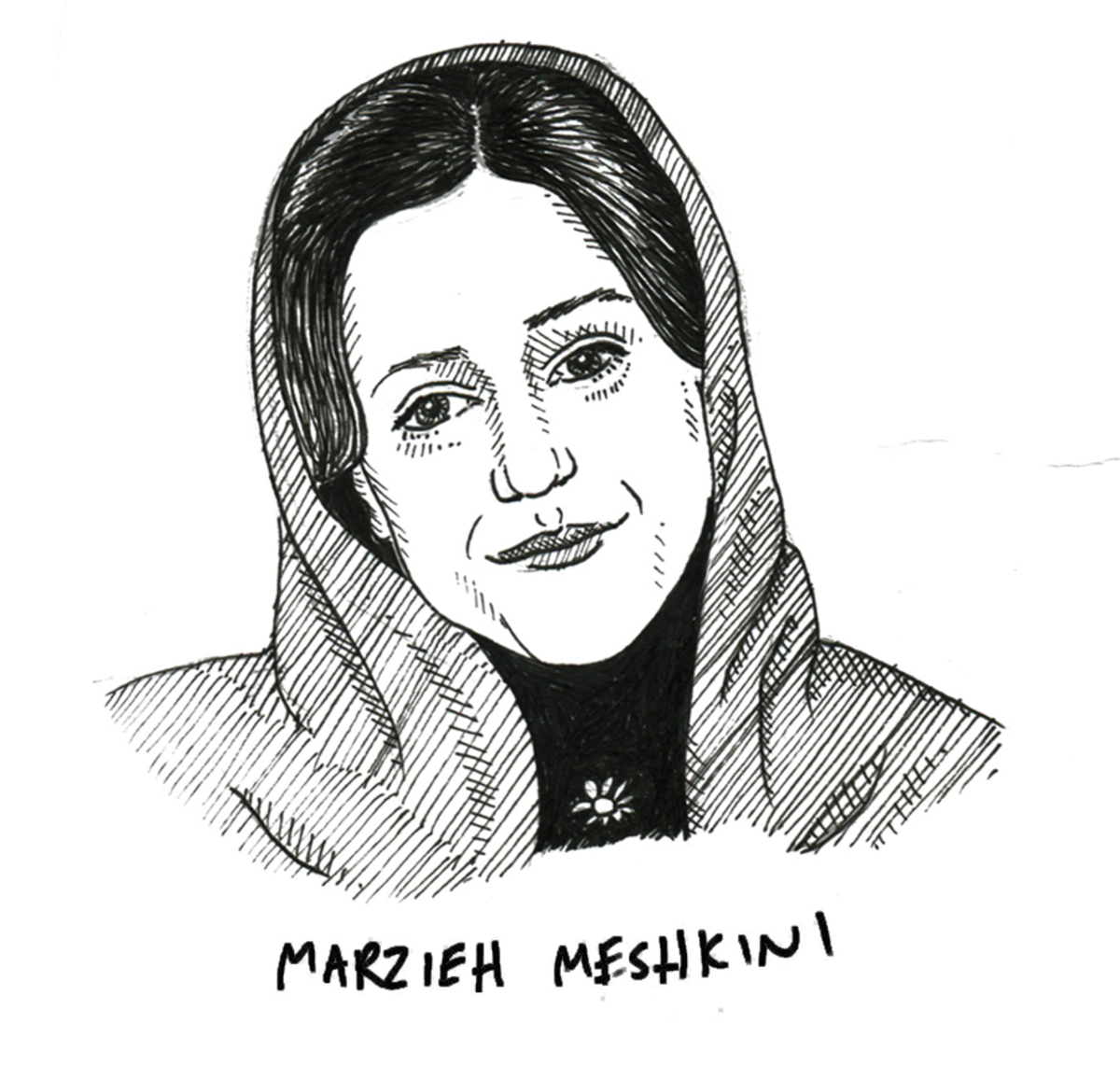

Coming out in her early 30s after meeting fellow feminists in school, Hammer quickly became a pioneer of queer cinema. Her prolific career spanning 40 years included some of the world's first lesbian films, such Dyketactics (1974), which features real sex scenes.
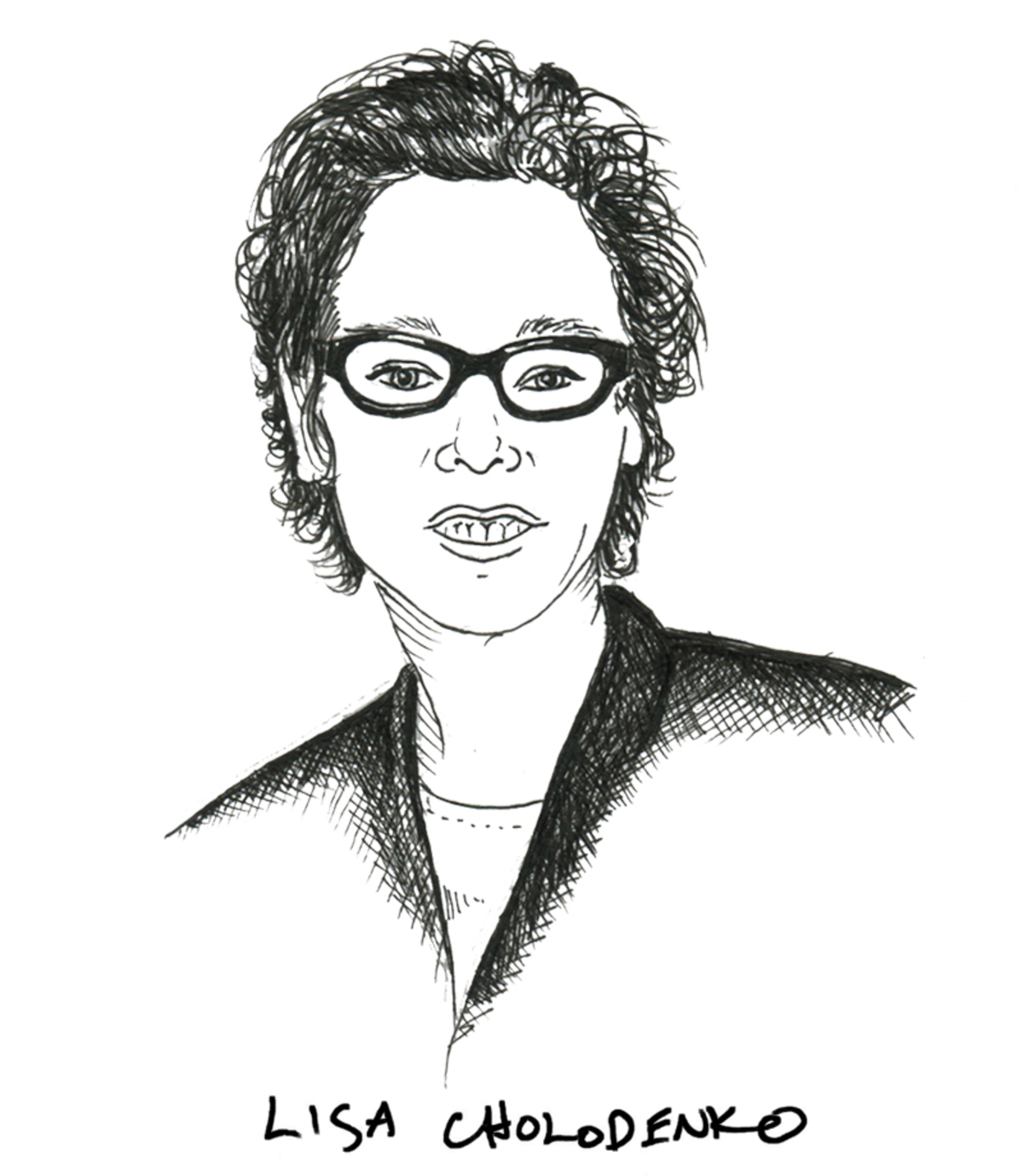
With a brilliant debut in erotic drama High Art (1998), Cholodenko has continued to chart queer female relationships in contemporary cinema. The success of The Kids Are All Right (2010) gave an exploration in queer post-modern family life.
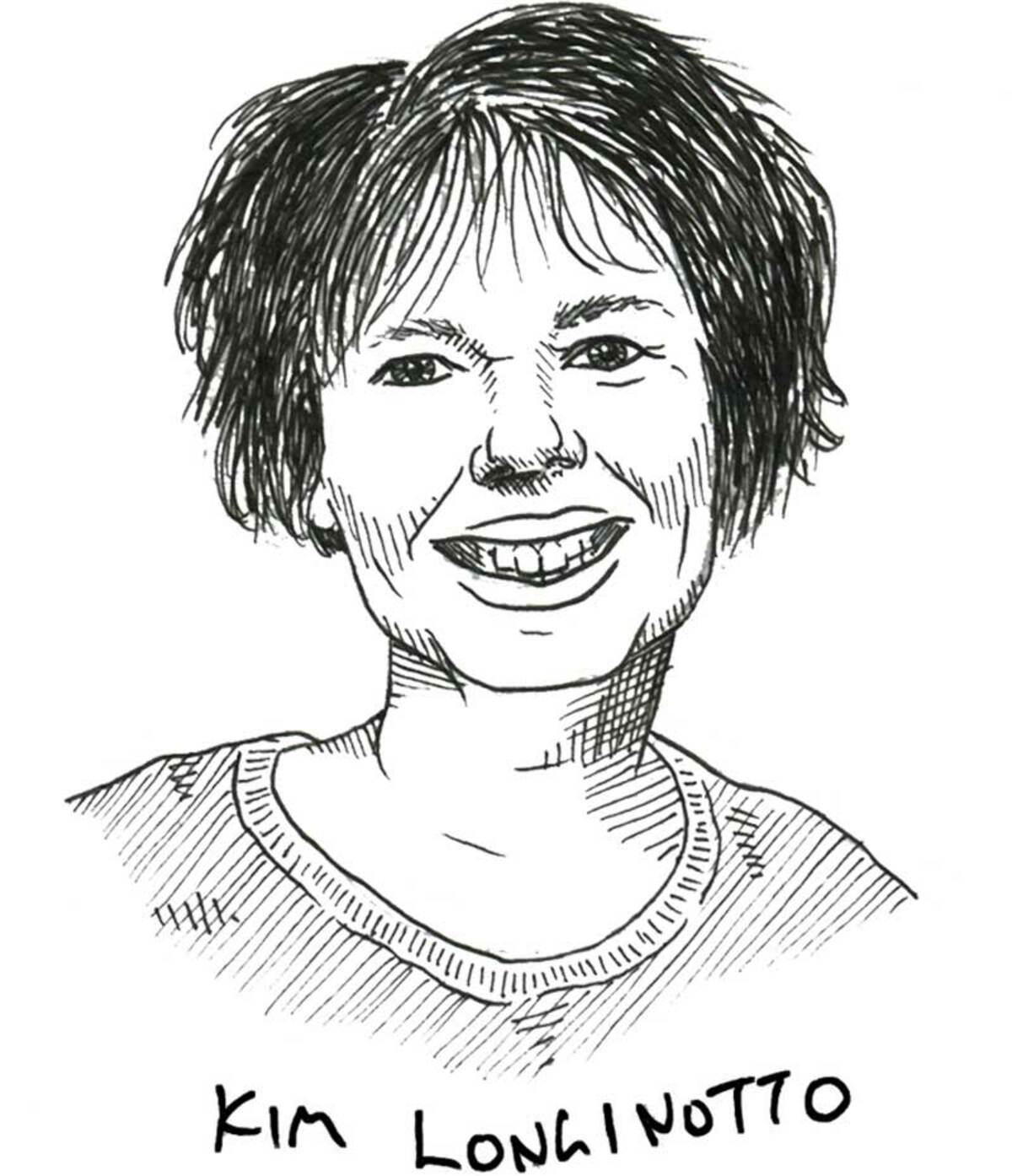
Longinotto's observational style of film making has made her one of the pre-eminent documentary-makers working today. Giving voices to pockets of women around the world, struggling through deep-seated oppression, rape and abuse. Her work included Sisters In Law (2005), Gaea Girls (2000) and Dreamcatcher (2015).
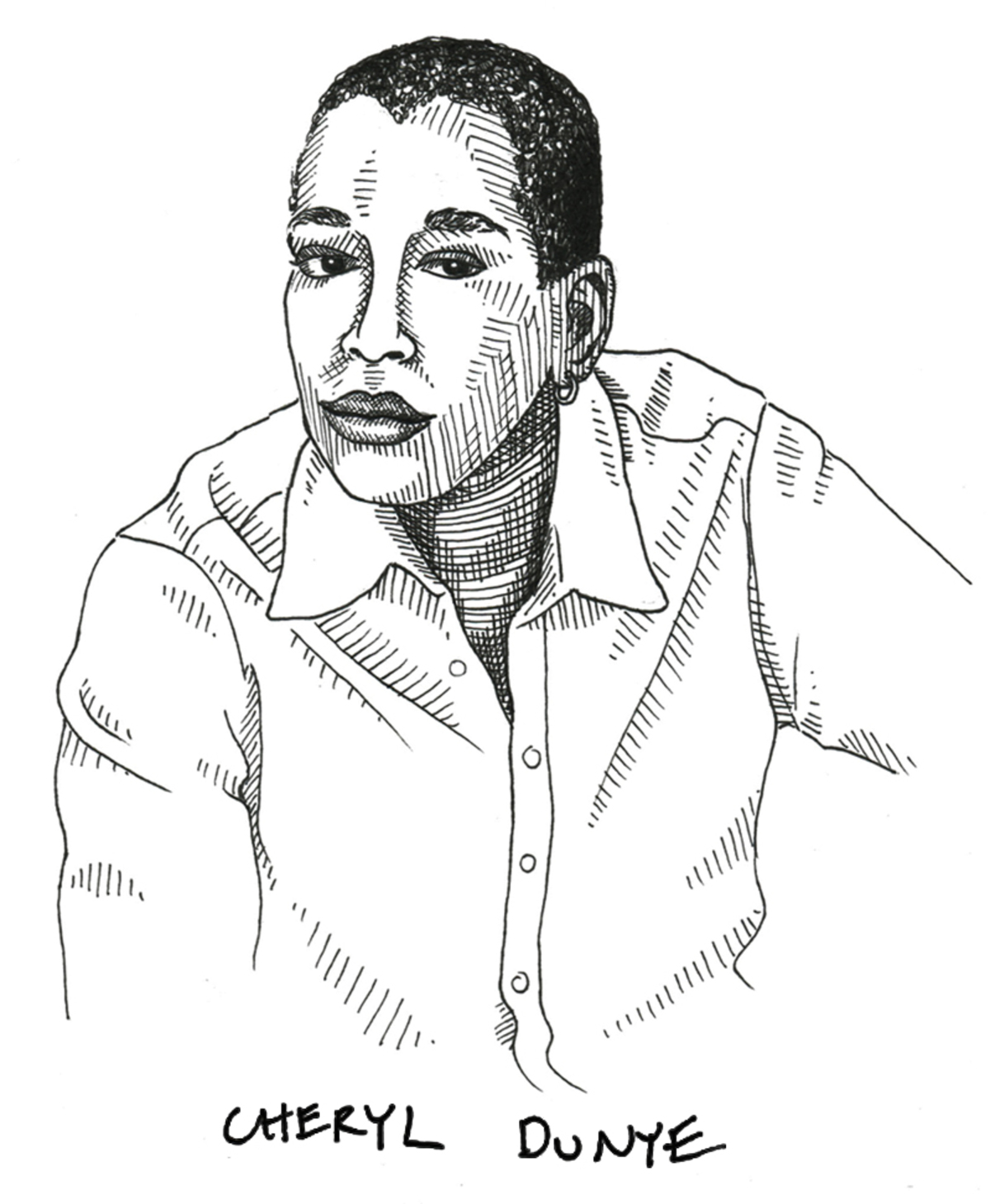
Dunye's debut film the Watermelon Woman (1996) was the first feature directed by a black lesbian. The product of her own research into the lack of credit for black women in early cinema, it was one of the leading films of the new queer cinema era.
illustrations: Victoria Sin
